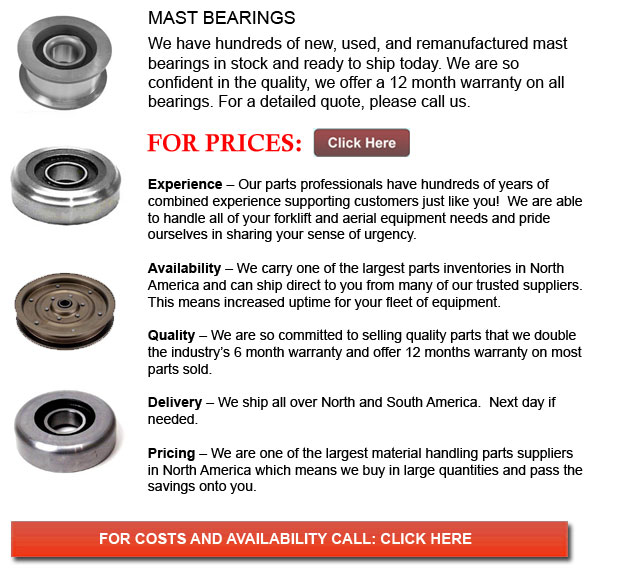
Mast Bearings - A bearing is a gadget which enables constrained relative motion between two or more components, normally in a rotational or linear procession. They can be commonly defined by the motions they permit, the directions of applied loads they can take and in accordance to their nature of application.
Plain bearings are usually utilized in contact with rubbing surfaces, usually with a lubricant such as oil or graphite too. Plain bearings could either be considered a discrete device or not a discrete gadget. A plain bearing may consist of a planar surface that bears another, and in this instance would be defined as not a discrete gadget. It can consist of nothing more than the bearing exterior of a hole with a shaft passing through it. A semi-discrete instance will be a layer of bearing metal fused to the substrate, while in the form of a separable sleeve, it would be a discrete gadget. Maintaining the correct lubrication enables plain bearings to provide acceptable friction and accuracy at the least cost.
There are different bearings which could help better and develop effectiveness, reliability and accuracy. In various uses, a more fitting and exact bearing could improve operation speed, service intervals and weight size, therefore lessening the whole costs of operating and purchasing equipment.
Several types of bearings along with varying lubrication, shape, material and application exist in the market. Rolling-element bearings, for example, make use of drums or spheres rolling among the parts to be able to lessen friction. Reduced friction gives tighter tolerances and higher precision as opposed to plain bearings, and less wear extends machine accuracy.
Plain bearings can be constructed of plastic or metal, depending on the load or how corrosive or dirty the surroundings is. The lubricants that are utilized can have considerable effects on the friction and lifespan on the bearing. For instance, a bearing can work without whatever lubricant if continuous lubrication is not an alternative as the lubricants could draw dirt which damages the bearings or device. Or a lubricant can better bearing friction but in the food processing business, it can require being lubricated by an inferior, yet food-safe lube so as to avoid food contamination and ensure health safety.
Most high-cycle application bearings require cleaning and some lubrication. Sometimes, they can require adjustments so as to help lessen the effects of wear. Several bearings may require irregular repairs to be able to avoid premature failure, while fluid or magnetic bearings may require not much maintenance.
Extending bearing life is normally attained if the bearing is kept clean and well-lubricated, even if, several kinds of operation make consistent repairs a difficult task. Bearings located in a conveyor of a rock crusher for instance, are continuously exposed to abrasive particles. Frequent cleaning is of little use because the cleaning operation is pricey and the bearing becomes dirty once more as soon as the conveyor continues operation.
![]() Click to Download the pdf
Click to Download the pdf
Forklift Parts
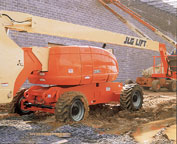
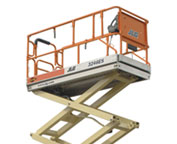
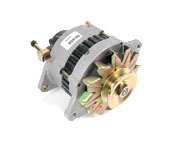
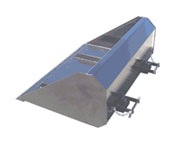
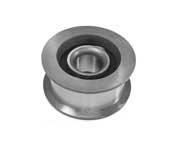
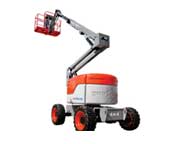
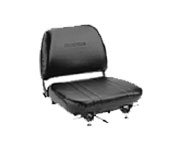
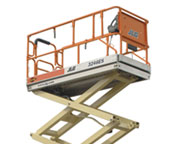
Lift Parts Express
TOLL FREE: 1-888-695-7994
Brandon, Manitoba
forkliftpartsbrandon.ca
Email Us
About Us


